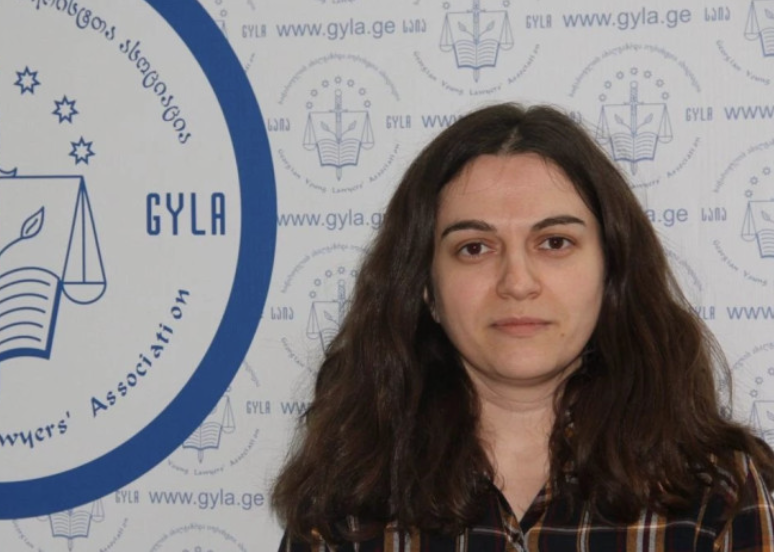GYLA: Parliament is obliged to expand the format of cooperation with civil society
Blitz Interview with GYLA Chair Nona Kurdovanidze
On January 29 a working meeting was held in the Georgian Parliament between the GD ruling party representatives, parliamentary opposition and part of the civil society, which is represented in the EU-Georgia Civil Society Platform on the Government’s Action Plan to meet EU’s nine conditions for starting accession negotiations. The fact that some of the most authoritative civil society organizations had left the platform and were not allowed to participate in the meeting caused controversy.
We approached the Chair of the Georgian Young Lawyers’ Association (GYLA) Nona Kurdovanidze, one of the organizations that had withdrawn from the Platform and was not allowed to participate in the deliberations, despite having approached the Parliament with a request to participate in an individual capacity, and asked her to comment on the ongoing developments in the context of the consultations on the Government Action Plan.
What is the reason for GYLA’s withdrawal from the Georgia-EU civil society platform, and specifically your exit from the board as a member of the platform’s coordination council?
Membership of any kind of platform is not an obligatory condition to participate in this or that working process. There are many coalitions, platforms, and unions in Georgia, and it is up to the organization itself to decide which union to join or not. We thought that at this stage we would end our membership of the platform.
How would you comment on Speaker Papuashvili’s statement that the government will only talk to non-governmental organizations within the framework of this platform, and will not allow them to participate in the working process on an individual basis?
This statement by the Speaker of the Georgian Parliament contradicts the European Commission recommendation on the involvement of civil society organizations. Engagement in the working formats cannot be limited to the participation of only one platform. There are quite a few qualified and experienced organizations in Georgia that are not members of this platform. The Parliament, taking into account the ninth condition of the European Commission, is obliged to expand the format of cooperation with civil society in order to allow all interested organizations to participate in the process of European integration process of Georgia.
Do you think that this decision weakens the levers of civil society to influence the developments, or do you think that this process is empty of substance and ineffective?
Without a broad participatory process, it will be impossible to fully implement the European Commission’s conditions. We hope that the Parliament will open up the working formats and make them more representative.
What is your message to international partners who call for maximum participation of Georgian civil society in EU integration processes?
We have taken every opportunity to participate in working formats. We wrote to the President of the Parliament and asked to be included in meetings/working formats, but this request was not met. We will try to find another way to express our recommendations and bring them to the public.
This post is also available in: ქართული Русский
